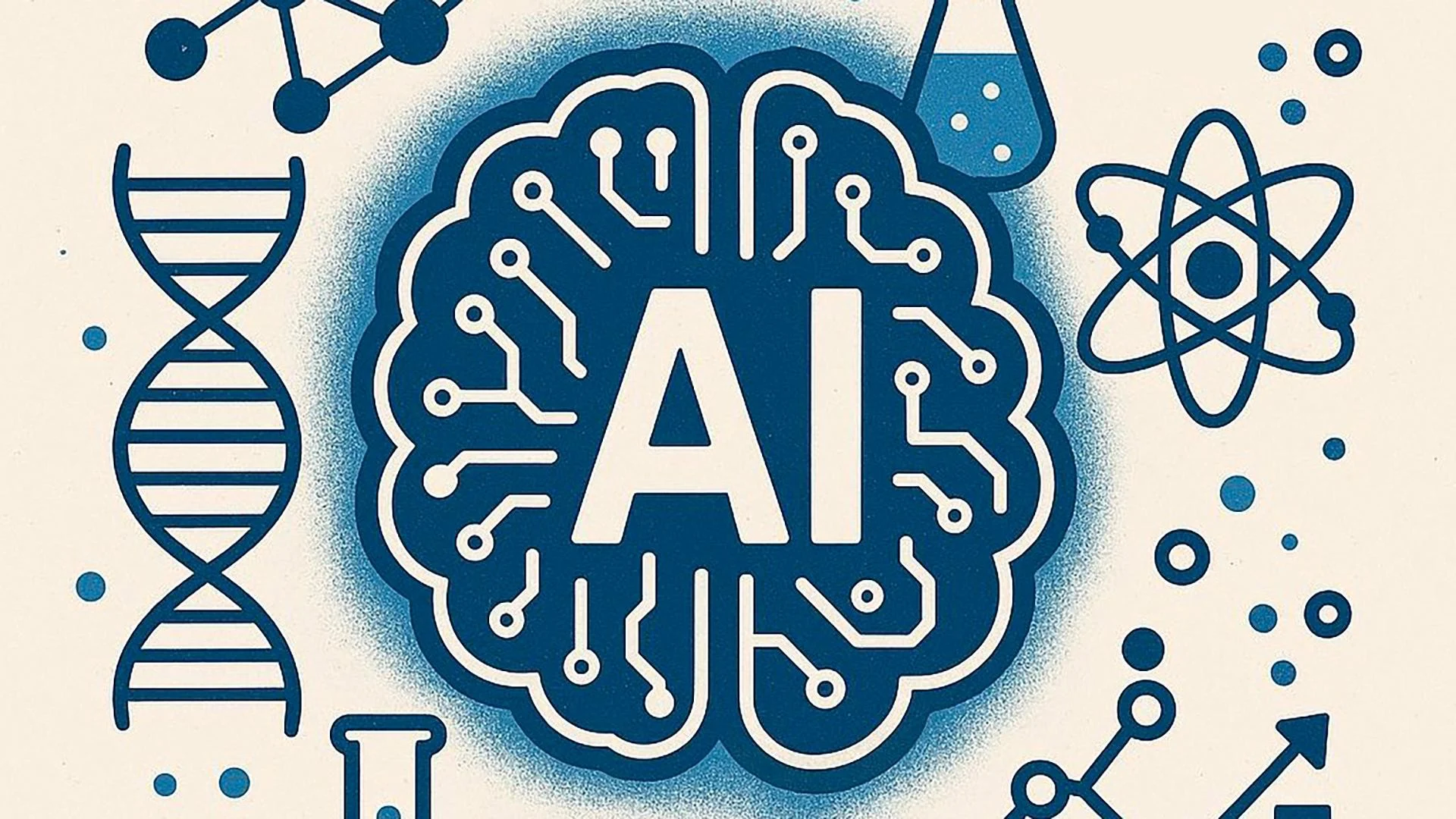The EPFL Library has created a new webpage Artificial intelligence and scientific information to help equip students and researchers with the right information to use AI tools responsibly and effectively.

In response to the meteoric rise of AI tools and their uptake at EPFL, the EPFL Library has created a quick guide on “Artificial intelligence and scientific information”. This straightforward guide explains how large language models (LLMs) work, presents general use recommendations, and unpacks their pros and cons – all in the context of academic studies and research work, to directly respond to the needs of EPFL students and researchers.
Among the thematic topics covered on the webpage:
▪ Searching for information with LLMs and research assistants
▪ AI in academic writing
▪ Privacy protection and sensitive data
▪ Copyright infringement and plagiarism
▪ AI clauses in contracts with academic publishers
About fifteen AI tools under the microscope
A distinguishing feature of this guide is the regularly updated list of AI tools, which goes into more depth on how each tool works, which study/research activity it works best for, and what its specific pros and cons are. The list includes both general AI use tools like ChatGPT or Claude, but also so-called AI research assistants tailored to more specific academic tasks and taking their information from verified academic sources. This way, users can gain targeted and updated information on tools they would like to try and find the right tool for their needs:
Generative IA:
- ChatGPT
- Claude
- DeepSeek
- Gemini
- GitHub Copilot
- Llama
- Microsoft Copilot
- Mistal AI
Research assistants:
- Consensus
- Elicit
- Scite Assistant
Retrieval-augmented Generation (RAG):
- Custom GPT
- NotebookLM
Other: Perplexity
Aimed primarily at students, this guide has clear benefit to the EPFL community more broadly and is available both in English and French. As AI advances at a rapid pace, this page will be updated regularly. Watch this space!
Source: EPFL Library